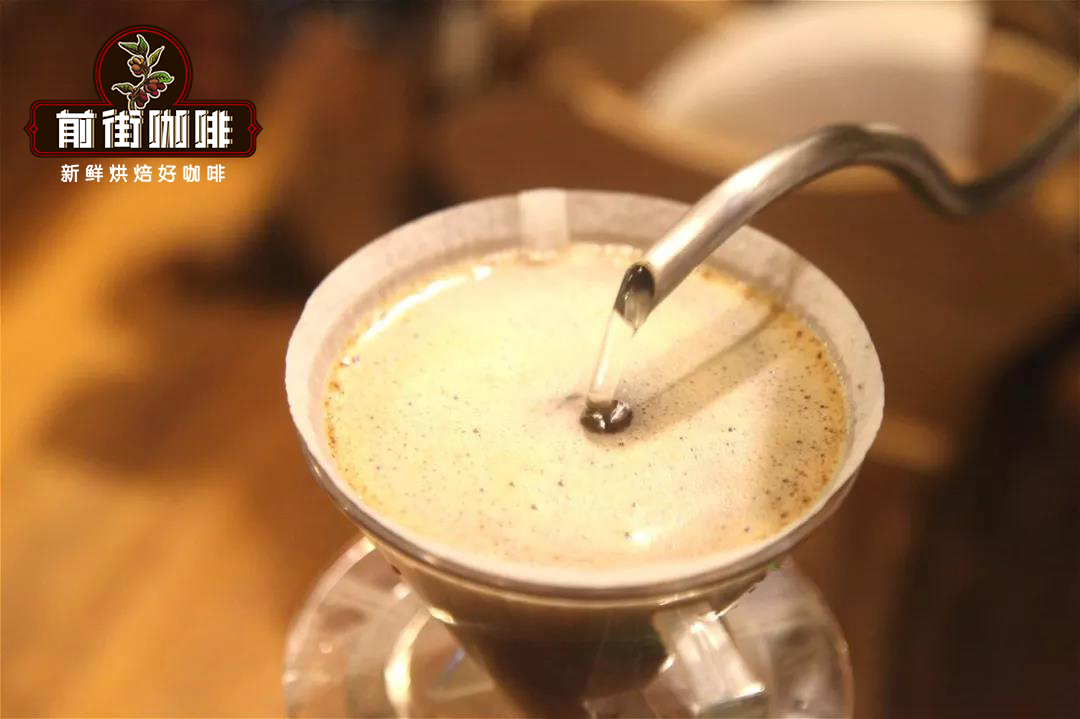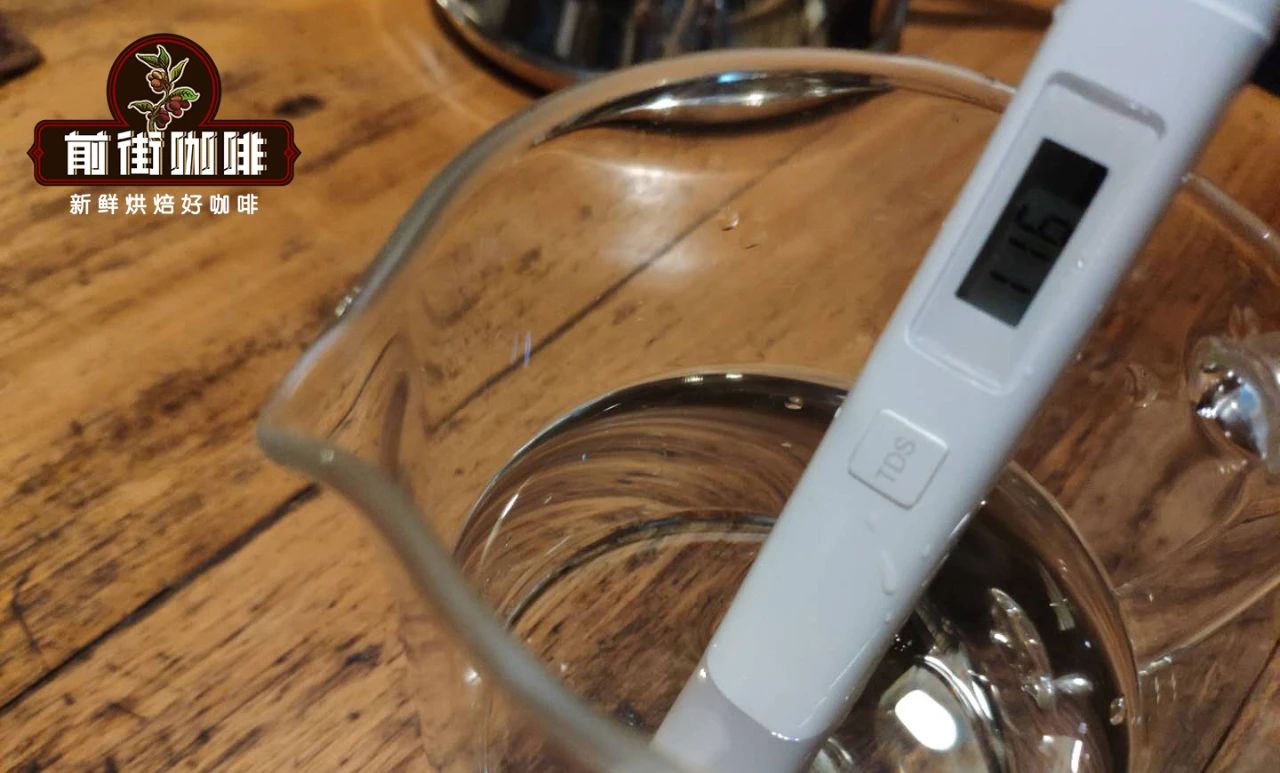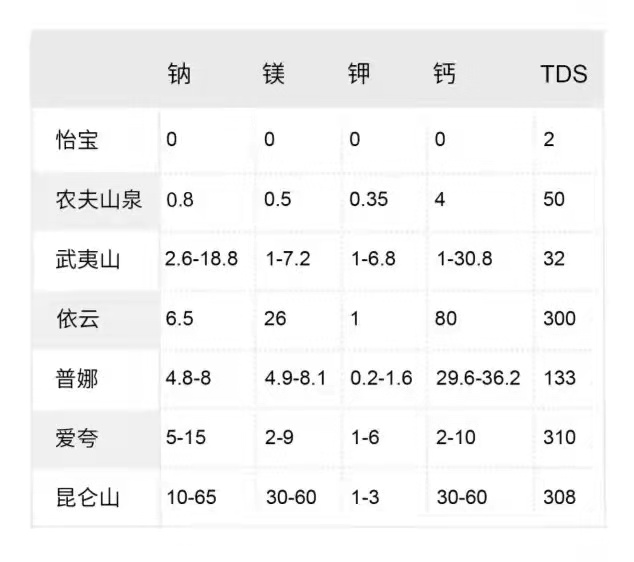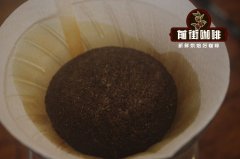What kind of water do you use to make coffee? Will pure water make coffee sour? Can I make coffee with mineral water?
Maybe you are using good coffee beans, and the brewing parameters are all right. But there is always some negative flavor in a cup of coffee. Then it's probably the water.
You might say that water is colorless and tasteless, up to the drinking standard, isn't it all the same? Then you may have ignored the existence of minerals. Calcium, magnesium and bicarbonate ions are more or less found in impure water (distilled water). The scale produced during boiling is a good proof that the amount of these substances determines the softness and hardness of the water.
To start with some practical information, Christopher H. Hendon, a chemist at the Massachusetts Institute of Technology, put it in "Water for Coffee": "Water can change the nature of coffee."

Water itself also contains a lot of substances, magnesium, calcium ions and other high content, will make the water quality hard. The point is that the minerals in the water are adsorptive, and when the water encounters coffee powder, these substances will absorb the substances in the coffee. For example, the more eugenol absorbed by water, the stronger the woody flavor of the coffee.
Among them, the adsorption of magnesium ion is very strong, so water with high magnesium ion content usually makes coffee taste stronger (and caffeine content is high). At the same time, harder water also has a higher content of carbonate, which Hendon found can make coffee more bitter.

Therefore, magnesium ions are helpful to the extraction of coffee, but you can't control the content of substances in the water. As magnesium ions increase, other substances will also increase. Strong water is not suitable for brewing coffee, which will make a cup of coffee bitter.
So, pure water (0ppm) contains nothing, so it can be used to make coffee. In Hendon's words, [this is even worse]. Because the water of 0ppm does not contain any substance, its extraction effect will become worse, and the coffee made with pure water will often be very thin.
Therefore, the water suitable for brewing coffee should contain magnesium ions, calcium ions and other substances, but should not be excessive. SCA's "professional barista manual" states that the water quality TDS is 120-130ppm, while the water standard given by the American Fine Coffee Association in "Water for Coffee" shows that the TDS value of water between 75 and 250ppm is suitable for brewing coffee.

Therefore, in many large-scale cooking competitions, when the contestants introduce their own cooking parameters, most of them talk about the water being prepared by themselves. Just want to use the right amount of magnesium ion and calcium ion water to help extract coffee with strong flavor.
On the other hand, we seldom come into contact with the knowledge of water allocation, and we don't need to spend too much energy on making and blending water. So what kind of water is suitable for brewing coffee in reality? You can refer to the mineral water on the market, the label of mineral water will be marked with the content of various substances and TDS value. You can refer to the value of 75ppm to buy. Qianjie Coffee currently uses Nongfu Spring, the source of Qiandao Lake, with a TDS value of about 50ppm.

As to whether the filtered water in your home can be used to make coffee, so different household filtration systems have different filtering effects on water. You need to check the TDS of filtered water to see if it is between 75 and 250ppm.
Important Notice :
前街咖啡 FrontStreet Coffee has moved to new addredd:
FrontStreet Coffee Address: 315,Donghua East Road,GuangZhou
Tel:020 38364473
- Prev

What is the reason why there is no hamburger for hand-made coffee? What if the steamed coffee powder does not expand?
When brewing coffee, when hot water comes into contact with dry coffee powder, it will bulge a big hamburger, which is very cured. But sometimes, after the start of water injection, the coffee does not form a hamburger. What is going on? Reason 1: the coffee beans are not fresh. During the first stage of steaming, the coffee expands because the beans contain carbon dioxide gas after baking.
- Next

What is the grindability of espresso? Reference of extraction grinding degree of Italian coffee machine
Coffee grindability is a very disturbing factor. The problems of many friends in cooking are due to the inaccuracy of the grinding degree. For the grindability of hand-brewed coffee, Qianjie recommends the use of 0.85mm standard sieve for calibration, with a pass rate of 80% (10g coffee can be used).
Related
- Beginners will see the "Coffee pull flower" guide!
- What is the difference between ice blog purified milk and ordinary milk coffee?
- Why is the Philippines the largest producer of crops in Liberia?
- For coffee extraction, should the fine powder be retained?
- How does extracted espresso fill pressed powder? How much strength does it take to press the powder?
- How to make jasmine cold extract coffee? Is the jasmine + latte good?
- Will this little toy really make the coffee taste better? How does Lily Drip affect coffee extraction?
- Will the action of slapping the filter cup also affect coffee extraction?
- What's the difference between powder-to-water ratio and powder-to-liquid ratio?
- What is the Ethiopian local species? What does it have to do with Heirloom native species?

